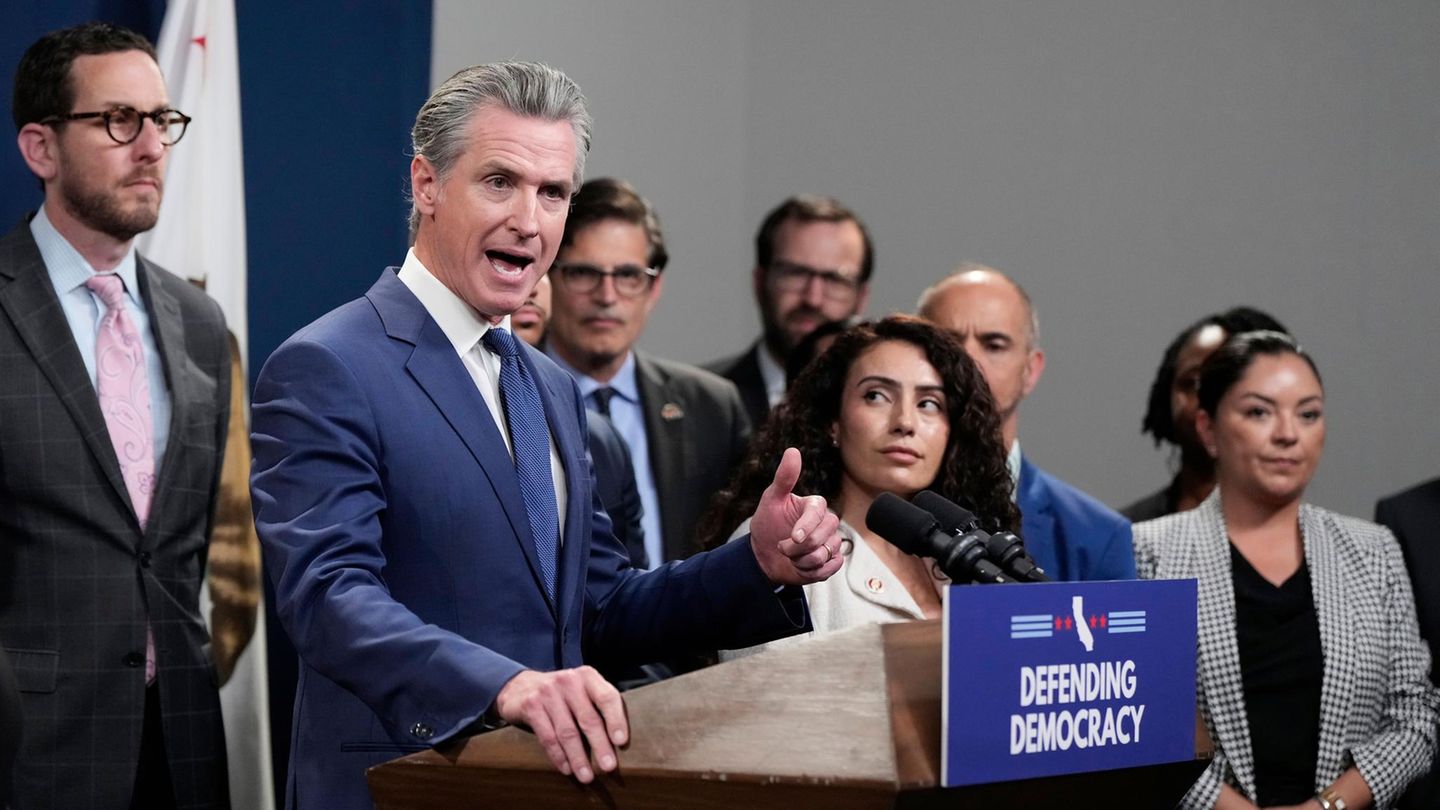In 2025, the “Morgan Boys” From now on (MB), they returned to the scene. They are not bankers. They are extraders. And seas do not navigate markets. They direct the Argentine economy today as if it were a high frequency operation, adjusting macro variables with money table logic. The State is not a Hedge Fund. But the MB apply the trader manual; Maximize short -term profitability, without measuring side effects.
Imagine pedaling in a velodrome at full speed, with the unbalanced bicycle and a perally about to spit it against the asphalt. This is how the Argentine economy progresses under the leadership of the same team of “Ex JP Morgan” that took her to the abyss in 2018: Sturzenegger (NO), Reidel, Caputo, Bausili, Quirno, Werning and now Daza (6 MB). This traders poker transformed the State into a Hedge Fund Sin Control, willing to validate 65% TEA rates to cover debt maturities, on behalf of a fiscal orthodoxy that hides explosive imbalances. Less than a year after the legislative elections, the numbers no longer close, the bicycle accelerates and the risk grows, as indicated by the interest rate they paid.
In the tender on Tuesday, July 29, the Argentine treasure faced maturities for $ 11.8 billion and managed to renew only 76%. The most striking was not the level of adhesion, but the price paid; The short -term LECAP validated annual effective rates (ASD) of up to 65%, more than double than in May. The market signal was clear; There is no full confidence, and the financial cost of the State is dangerously approaches to the limit of the sustainable. Predictably, on Wednesday, July 30, the dollar shot.
This dynamic reminds of the tragic outcome of 2018, with the same protagonists. They re -apply the short -term recipe: indebtedness in pesos to explosive rates, artificial containment of the exchange rate, austerity narrative and fiscal deficit “genuine”, which is actually differs through capitalizable instruments.
But the current macro context is even more complex. They already used a good part of “the IMF”, “Repo”, “IDB” … the elimination of the Lefi left the banking system without a key tool to administer its liquidity. In their replacement, the LECAP assumed prominence, but not without friction; The lack of depth of the market, pre -election volatility and the acceleration of lace prevent a full and tidy rollover. Julio’s tender confirmed it; although real rates of (+45%), 24% of the maturities were not reneweddeposing $ 2.8 billion without immediate destination.
This phenomenon has multiple implications. On the one hand, it compromises the sustainability of ultra restrictive monetary policy. On the other, the risk of monetary emission reopens if in the next tenders the treasure must cover more cash deficit. In turn, the BCRA had to intervene in the markets of debt to one day, paying up to 45% annual nominal (56.79% tea)which distorts the rate curve and generates opposing signs to the market.
The Secretary of Finance, argues that The mandate is to prevent pesos. However, when To achieve it Rates must be tripled with respect to projected inflation (20%)questions about the efficiency of the strategy and its collateral effects arise. The cost of financing is no longer neutral; Private credit increases, discourages investment, slows consumption and amplifies economic slowdown.
The electoral context adds another layer of uncertainty. The market knows that, until the end of the year, the treasure will face maturities for $ 80 billion, plus the interests of successive tenders. If the renewal level is maintained-optimistic-, there could be more than $ 19.2 billion released (about US $14,770 million). Part of that surplus will seek exchange coverage, and part will simply be idle, pushing the financial dollar. Blue already moves in that direction, and futures reflect expectations that contradict the official message.
Beyond the technical variables, the economic team continues to show an operational bias of the speculative financial world; Trading logic applied to public administration. They operate with spreadsheet, more than with country vision. Economic policy decisions are subordinated to a short -term narrative which seeks to sustain the “turtle tissues” to the mid -term elections.
In short, Argentina advances in the Peralta part of the Velodrome. The speed is sustained “Pedale Hard”, by force of huge rates and artificial trust. But the risk of collapse is latent. If the financing scheme stops closing, if the leftover weights press on the exchange rate, if the local market stops validating the rate, or if the banks want to capitalize on bicycle gains dollars, the brake will be abrupt. All this, whenever no one colds and does not arise a “black swan.”
The end of this film was already projected in 2018. The actors are the same. The difference is that, this time, there will be no room for another B Plan. And the social and productive cost can be even greater.
Each new debt tender is an act of faith, the treasure promises crazy interest rates to cover the weights that the economy does not absorb, while the demand for dollars grows and distrust also. The pre -election scenario will not bring calm, but more pressure. The formula is known and its end, also: impact, empty reserves and credit destruction. The difference is that now, as in the poker of the liar portrayed by Michael Lewis (1989), the players already know the cards, and the savers who continue betting, do so with their eyes bandaged.
Again, we are in the most inclined part of the velodrome. Each pedal requires more effort, more rate, more story. But Monetary physics is relentless; If the bicycle loses impulse, it falls. And this time, without a network.
The MB, like the legendary pirate Henry Morgan, seem to have landed in the Argentine treasure. The difference is that now there is no ocean that hides them, or history that redimates them.
Director of Esperanza Foundation. Postgraduate professor at UBA and private universities. Master in International Economic Policy, Doctor of Political Science, author of six books.
Source: Ambito
David William is a talented author who has made a name for himself in the world of writing. He is a professional author who writes on a wide range of topics, from general interest to opinion news. David is currently working as a writer at 24 hours worlds where he brings his unique perspective and in-depth research to his articles, making them both informative and engaging.




